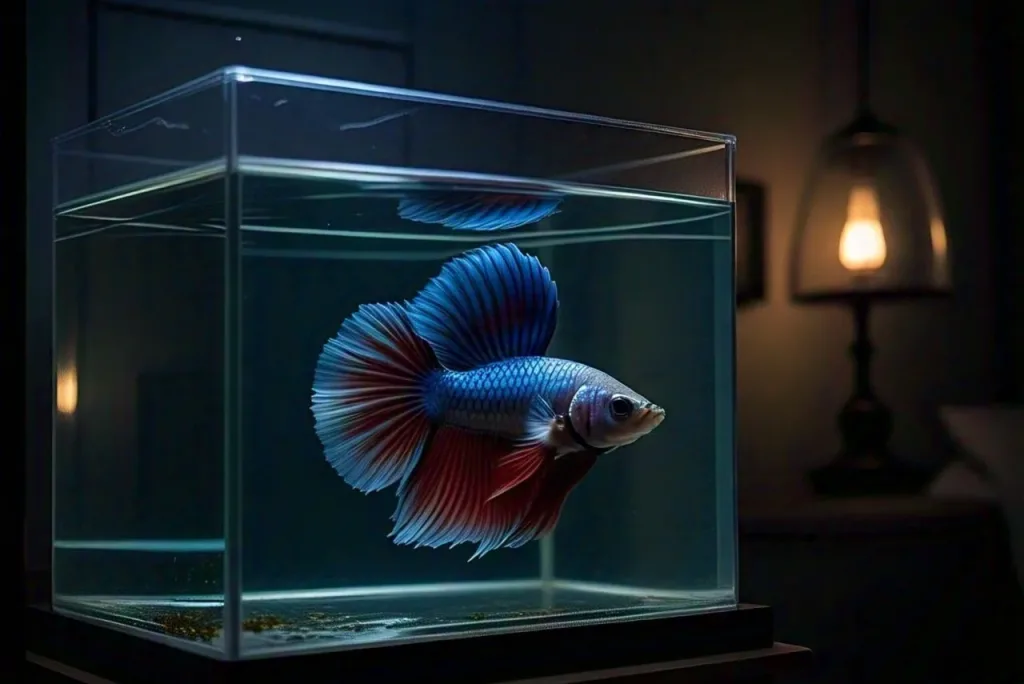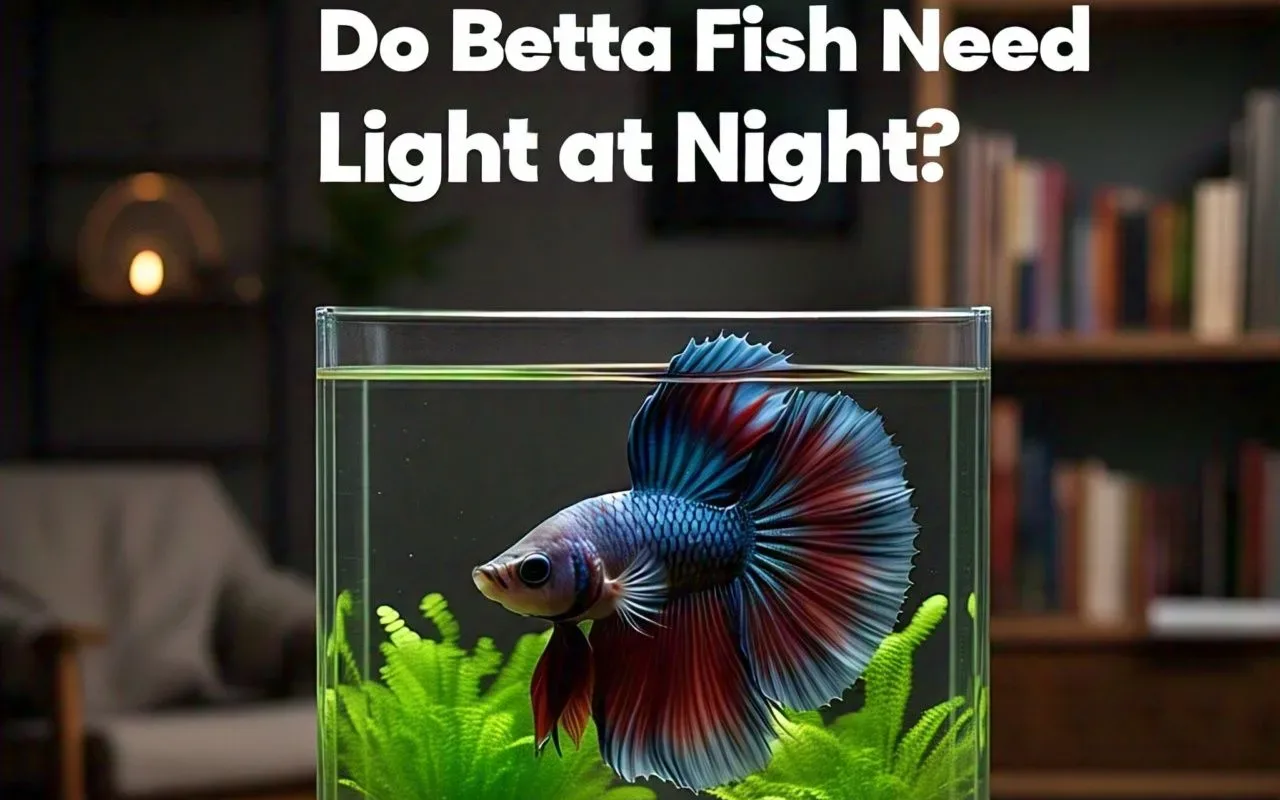Betta fish need light to remain healthy and happy in their tanks. Yes, lighting is essential for betta fish because it supports their natural rhythms and helps maintain proper day-night cycles. Whether you choose natural daylight or artificial light, it’s crucial to ensure the light source is consistent and controlled accordingly. Without proper lighting, their sleep patterns can be disrupted, affecting their health and overall well-being. A well-lit tank also helps them see food and explore their environment, mimicking what they would experience in nature.
Do Betta Fish Like Light?
Betta fish love light in their aquarium because it mimics their natural environment and helps aquarium plants thrive. While they don’t need intense light, a perfect standard light setup helps their health and makes their colors shine. From personal experience, placing your tank near natural light but avoiding direct sunlight prevents overheating and keeps your bettas comfortable.
Do Betta Fish Need Light at Night?
They don’t need light 24/7, the right lighting at the right times is critical for their wellbeing. At night, darkness is just as important as light because it allows your fish to rest properly. Without a dark period, your betta fish may experience stress, which can affect both their health and behavior. Think of it like setting up their own little bedtime—keeping it natural is the best choice for their health and rest.

How Many Hours of Light Do Betta Fish Need
It’s important to provide them with 10–15 hours of light during the day, followed by darkness at night. This consistent pattern helps maintain their natural light cycles, which are key to their health and well-being. The ideal hours of light for a betta fish are typically between 8–10 hours, but light on for too long can disrupt their natural rhythms.
Do Bettas Prefer Natural Light or Artificial Light?
Artificial light is a great option because you can control it. Use an aquarium light designed for fish tanks. Aquarium lights that mimic sunlight are a much better choice. These lights, often LED, provide a steady source of artificial light that delivers nutritional benefits like Vitamin D without creating temperature fluctuation or encouraging the overgrowth of algae.
For a basic setup, LED lights are affordable and easy to use. If you’re planning a more advanced setup with standard plants or even large aquariums, you might consider UVB or professional aquarium lighting systems, which also work great.
While UV light has its advantages, most hobbyists find LEDs sufficient for both the fish and aquarium plants. My betta thrives under a carefully selected light that balances their needs with minimal fuss.
FAQs
- Can Bettas See in the Dark?
Betta fish cannot see well in complete darkness. They don’t have night vision like some animals. In the dark, they rely on their other senses, to navigate their surroundings.
- What Kind of Light Do Betta Fish Need?
Bettas need soft, natural light to stay healthy. They do well with light that mimics sunlight but is not too bright.
- Effects of Too Much Light
Too much light can stress bettas and make them tired. Bettas need darkness to sleep, so keeping the tank light on for too long can disturb their rest and harm their health.
Conclusion
Proper lighting is essential for the health and well-being of betta fish. They thrive under a natural light cycle, with 10-15 hours of light during the day and complete darkness at night to allow for restful sleep. While they enjoy light, it’s important not to overdo it—too much light can lead to stress and disrupt their sleep patterns. Artificial LED lighting is an ideal choice, offering steady illumination without the risks of overheating or excessive algae growth.
